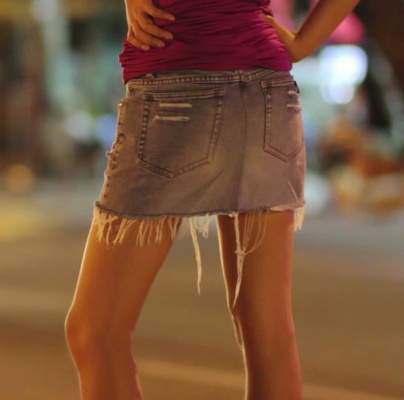Sex workers
Sex workers are a highly marginalised and stigmatised group at risk of poor physical and mental health. Prostitution is not all about sex. It is often about inequality, lack of opportunities, poverty, abuse of vulnerability and abuse of power.

Rights and Challenges for Sex Workers
Sex workers should have healthy and inclusive lives, with easy access to health services and support. They face many health needs but also big barriers to getting care.
Issues:
- There aren't many services made for their specific needs.
- Stigma and legal problems make it hard for them to identify as sex workers.
- Many don't know about the services available.
- Street-based sex workers often have a lot of unmet health needs and face extreme health and social inequalities.
Circumstances:
- For many, sex work is their main income.
- They often make this choice in difficult situations, like poor housing, domestic abuse, or drug dependency.
- They might have experienced coercion, violence, or trafficking, leading to trauma and distrust.
Demographics:
- Most sex workers are women, but there are also male and trans sex workers.
- Most clients are men
Sex Workers' health in the East Riding
Highlights from the Inclusion Health Needs Assessment November 2024.
- Unknown Needs: It's hard to know the physical and mental health needs of sex workers because they often don't reveal their identity due to stigma.
- Consensual vs. Non-Consensual: Some sex work is consensual, but some is forced or coerced, which is considered sexual exploitation, modern slavery, or trafficking. Those exploited are highly vulnerable and have more health issues.
- Police Findings: In October 2024, Humberside Police found 69 profiles of female sex workers with East Riding addresses on adult websites. These were part of modern slavery investigations.
- Clinic Data: Fewer than 10 sex workers attended East Riding sexual health clinics in 2019, and fewer than 5 in 2020. This suggests a gap in monitoring and unmet health needs for sex workers.
Download the full report HERE.
Support available in the East Riding
Please note - the information on this site is constantly being updated. If you're aware of any support or service that should be included here, please contact Michelle Barnes in Smile's Community Development team at mb@heysmilefoundation.org
Resources
Beyond the Streets work with women involved in the UK sex industry. The charity works to see women safe from coercion, violence and abuse.






